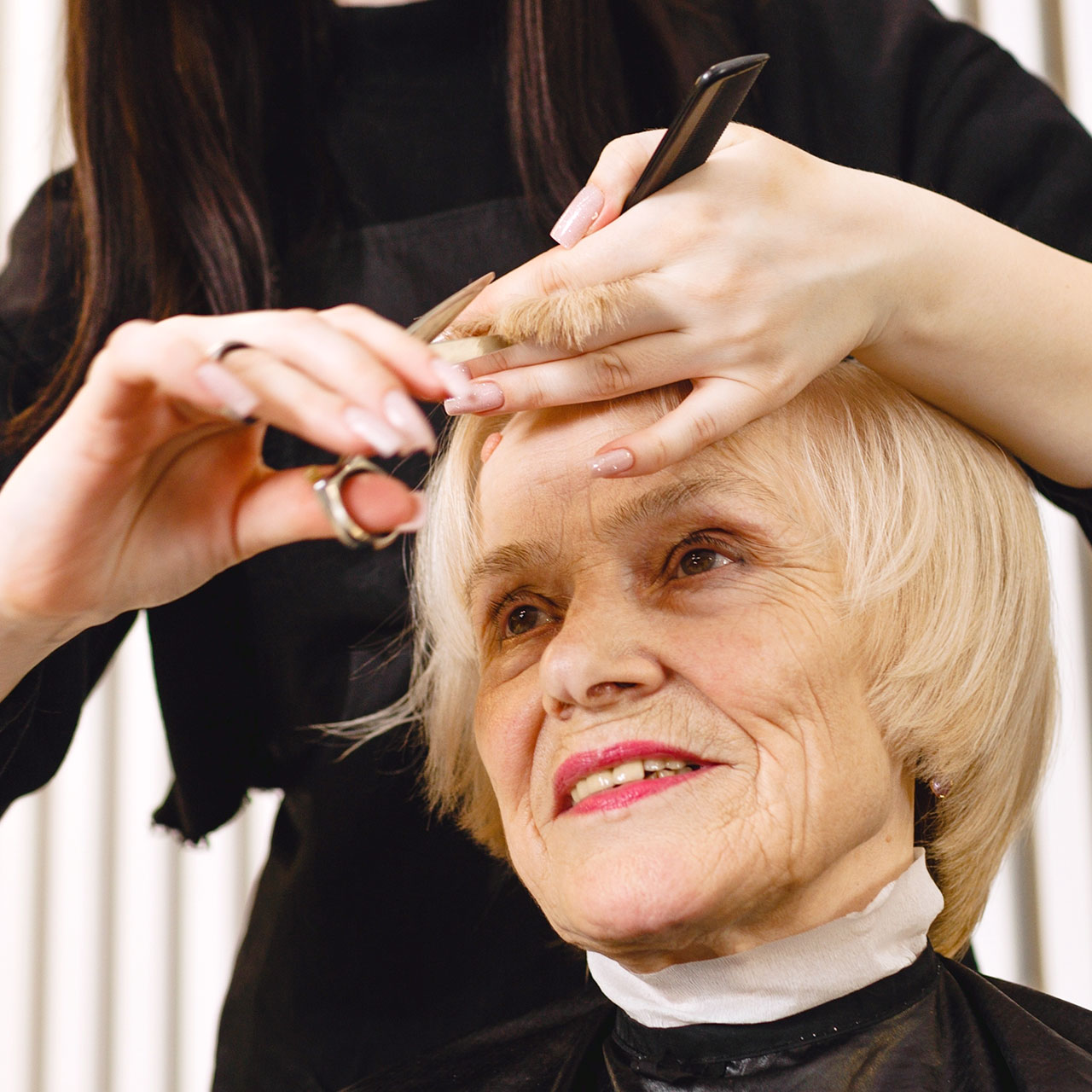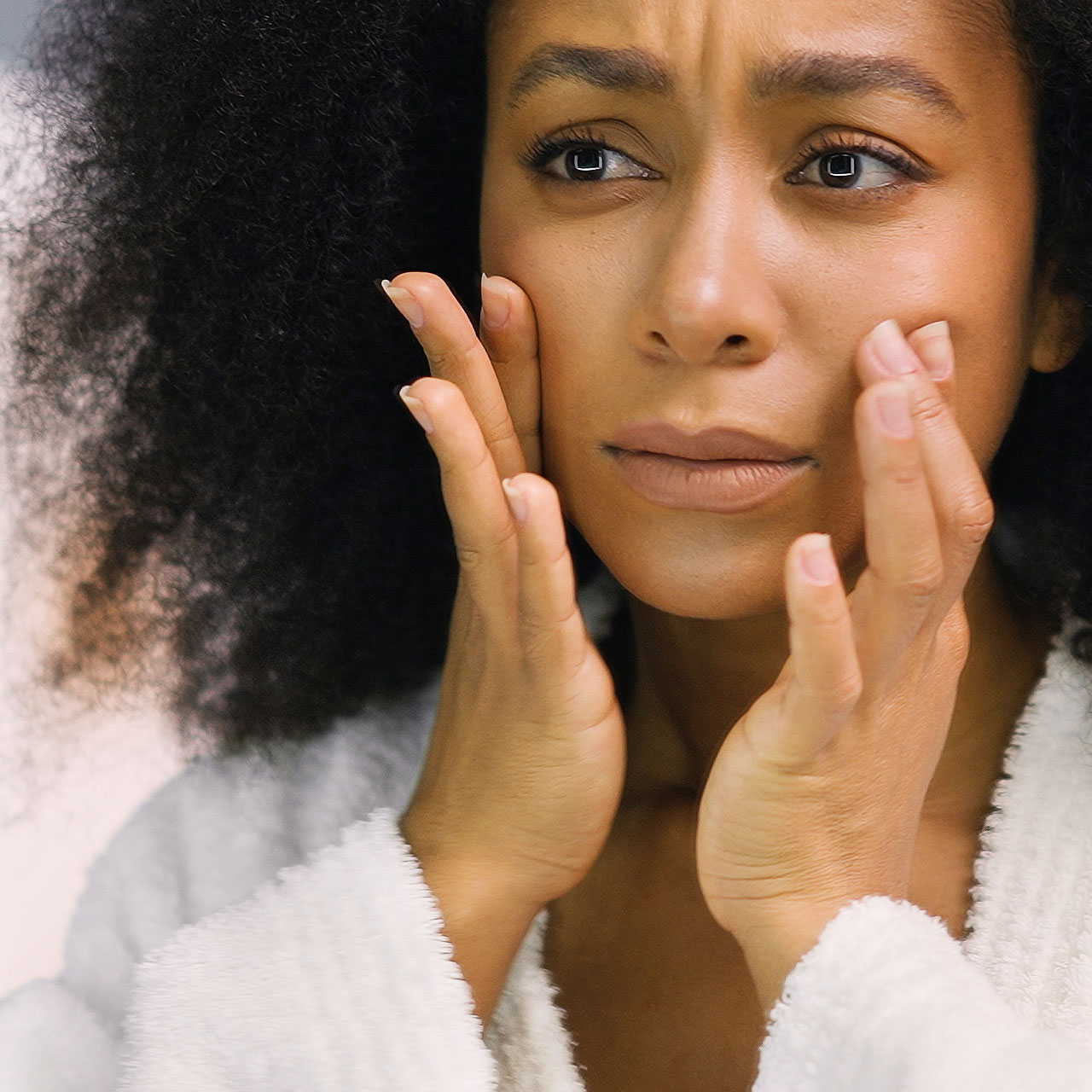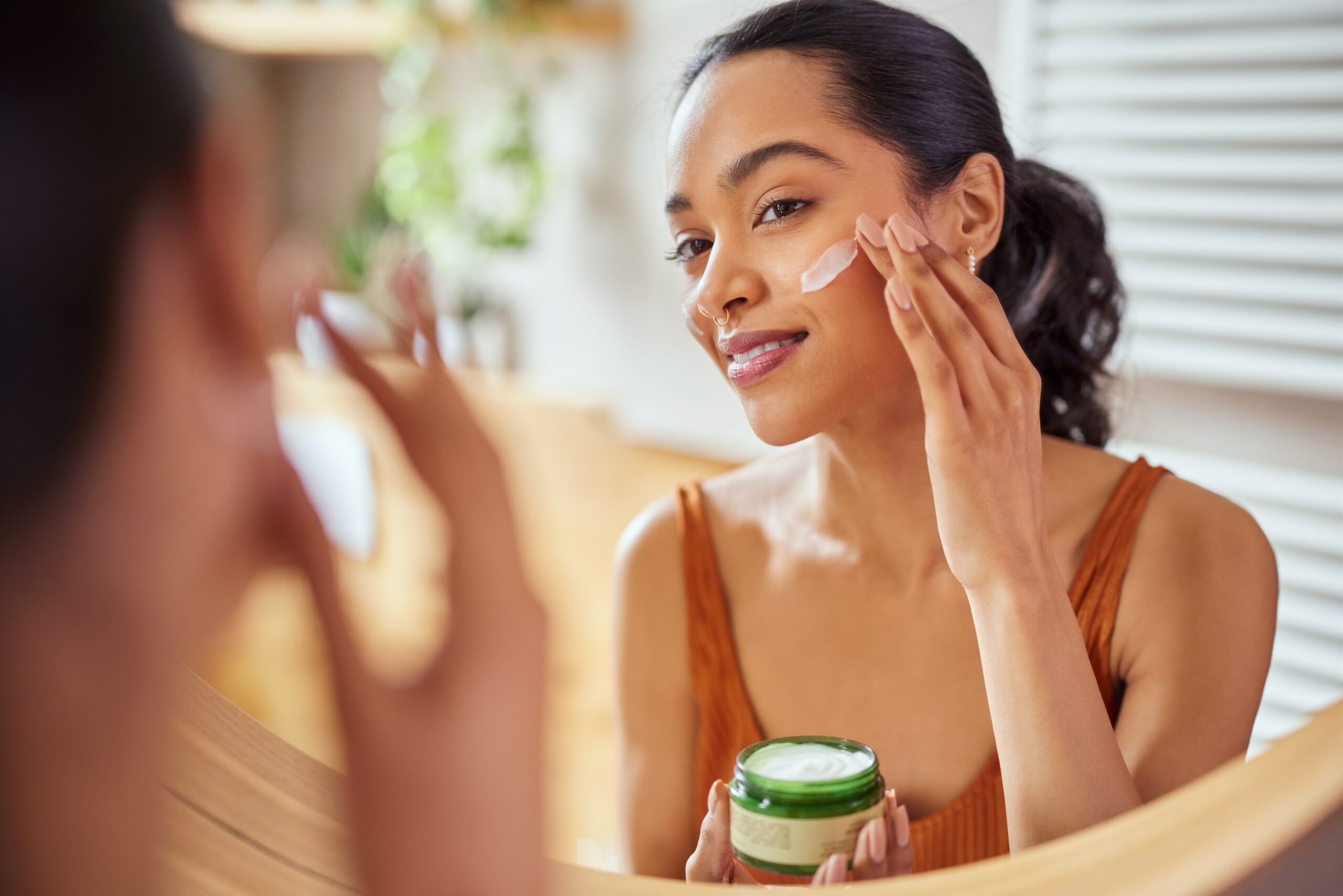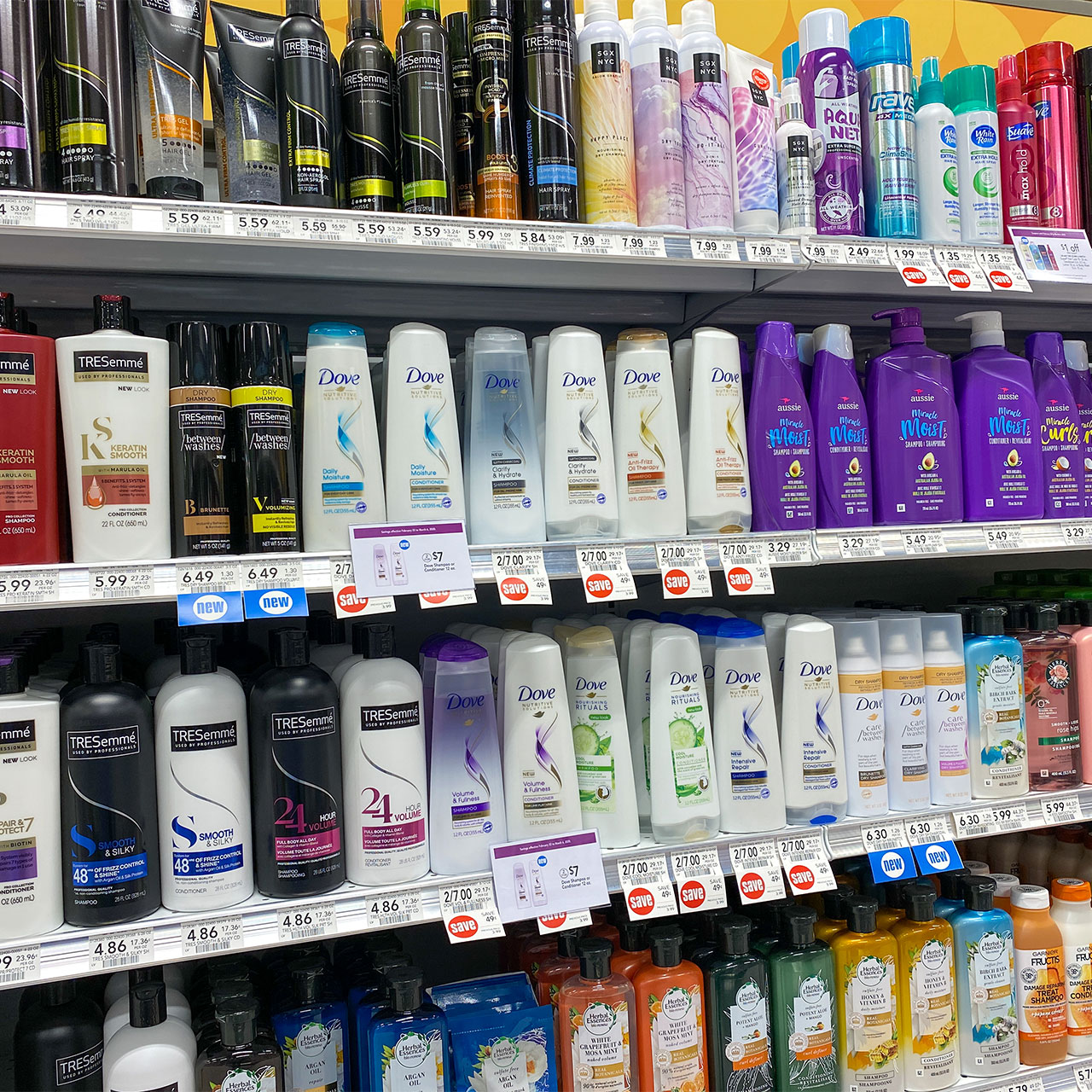Having naturally oily skin can make searching for skincare products more challenging in warmer months, as producing more oil is never the goal. With that said, we checked in with a dermatologist and skincare expert to learn more about one serum ingredient that might exacerbate an oily complexion and what type of product to reach for instead. Read on for tips and suggestions from Dr. Viktoryia Kazlouskaya, MD, PhD, board-certified dermatologist and assistant professor at University of Pittsburgh.

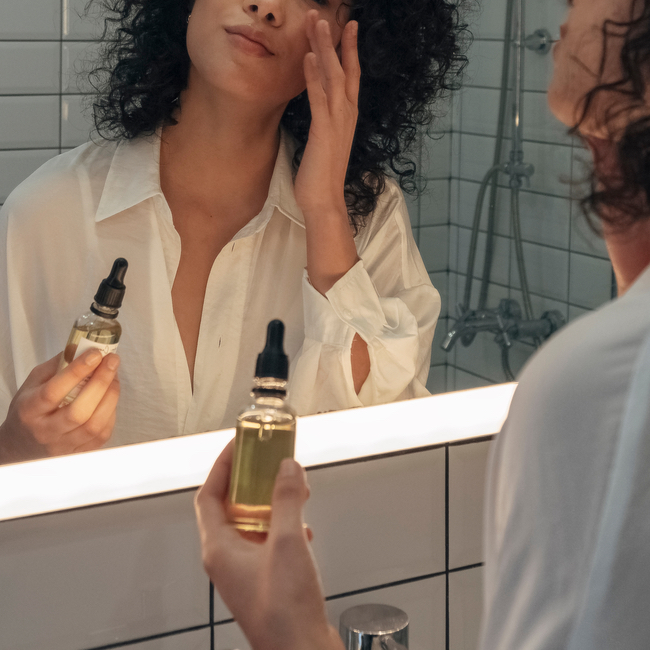
Tip #1— Skip Silicone-Based Serums
Anyone with naturally oily and acne-prone skin knows that adding a serum to your skincare routine can sometimes feel greasy, thick or too heavy. This, Kazlouskaya explains, can be caused by silicone in your serum, an ingredient known to cause irritation or trap dirt or dead skin cells in your pores which can lead to acne.
While Kazlouskaya says there is no unique ingredient that is 100% "bad" for oily skin, she stresses avoiding silicone if your skin produces a lot of oil on its own. "I would avoid silicone and oils because of potential to clog pores and an increased risk of acne that is common in oily skin," she says. "These ingredients, she continues, also may "leave a film on the skin, adding to the shine."
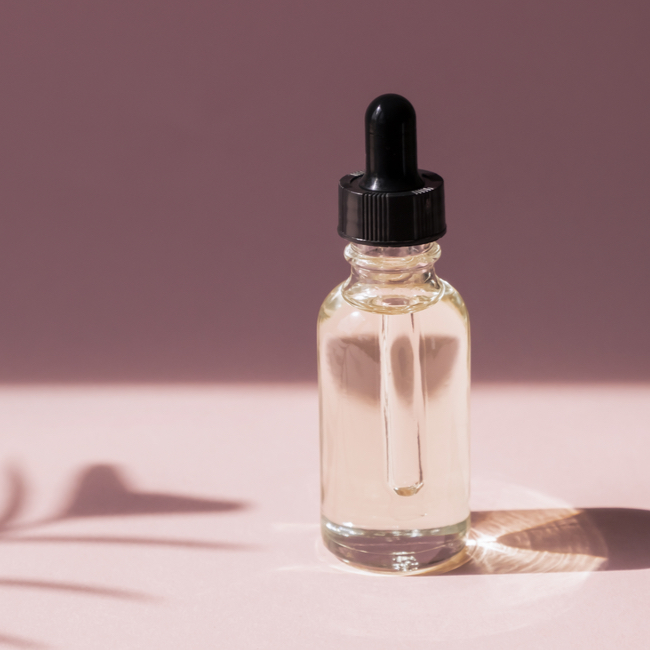
Tip #2— Seek 'Light Acid' Serums Instead
While silicone-based serums may be too much for already oily skin, Kazlouskaya notes that ingredients that fall under the 'light acids' category are lightweight enough to provide moisture for anti-aging benefits without clogging your pores.
"Serums containing light acids (salicylic acid, AHA/BHA acids) in contrary to silicone are known to control the acne and oily skin very well," she concludes. The more you know!







